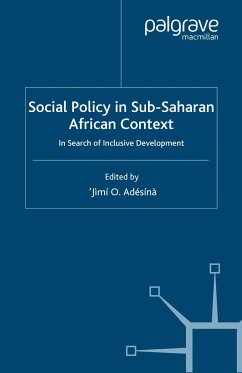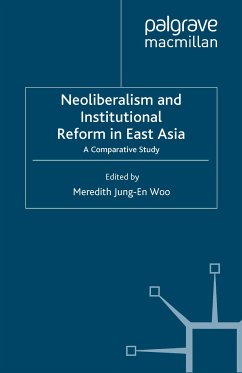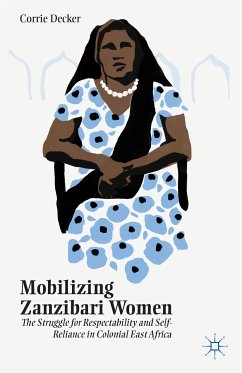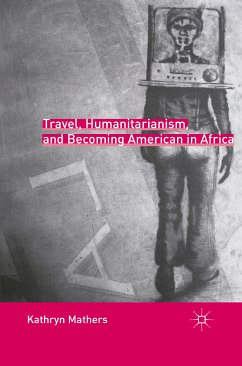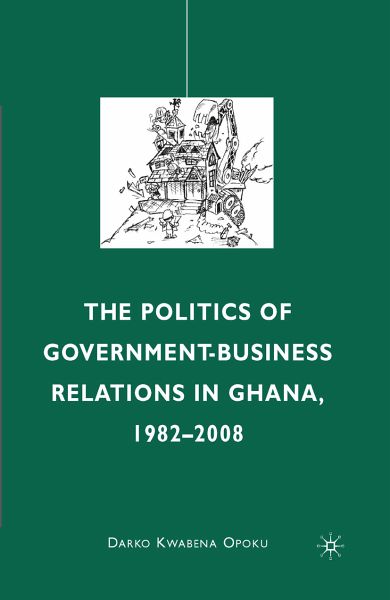
The Politics of Government-Business Relations in Ghana, 1982-2008 (eBook, PDF)
Versandkostenfrei!
Sofort per Download lieferbar
40,95 €
inkl. MwSt.
Weitere Ausgaben:

PAYBACK Punkte
20 °P sammeln!
Since the early 1980s, the World Bank, backed by aid donor countries, has been involved in a determined effort to stimulate capitalist growth in Africa by prescribing a set of orthodox, neoliberal economic policies. Using Ghana as a case study, this book considers why this is the case.
Dieser Download kann aus rechtlichen Gründen nur mit Rechnungsadresse in A, B, BG, CY, CZ, D, DK, EW, E, FIN, F, GR, HR, H, IRL, I, LT, L, LR, M, NL, PL, P, R, S, SLO, SK ausgeliefert werden.




